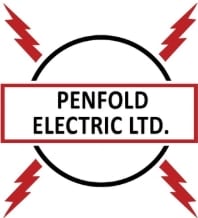Electric vehicles have been around since the early 1900s but were not widely popular as the infrastructure to keep an EV charged was not as sophisticated as it is today. The costs to develop and implement the infrastructure were too high to justify moving away from your standard internal combustion engine. This was the case until September 2012 when Tesla introduced their Supercharger network. A network of fast charging stations along major routes and near amenities removed one of the largest barriers to mass adoption of EV’s “Range anxiety.”
